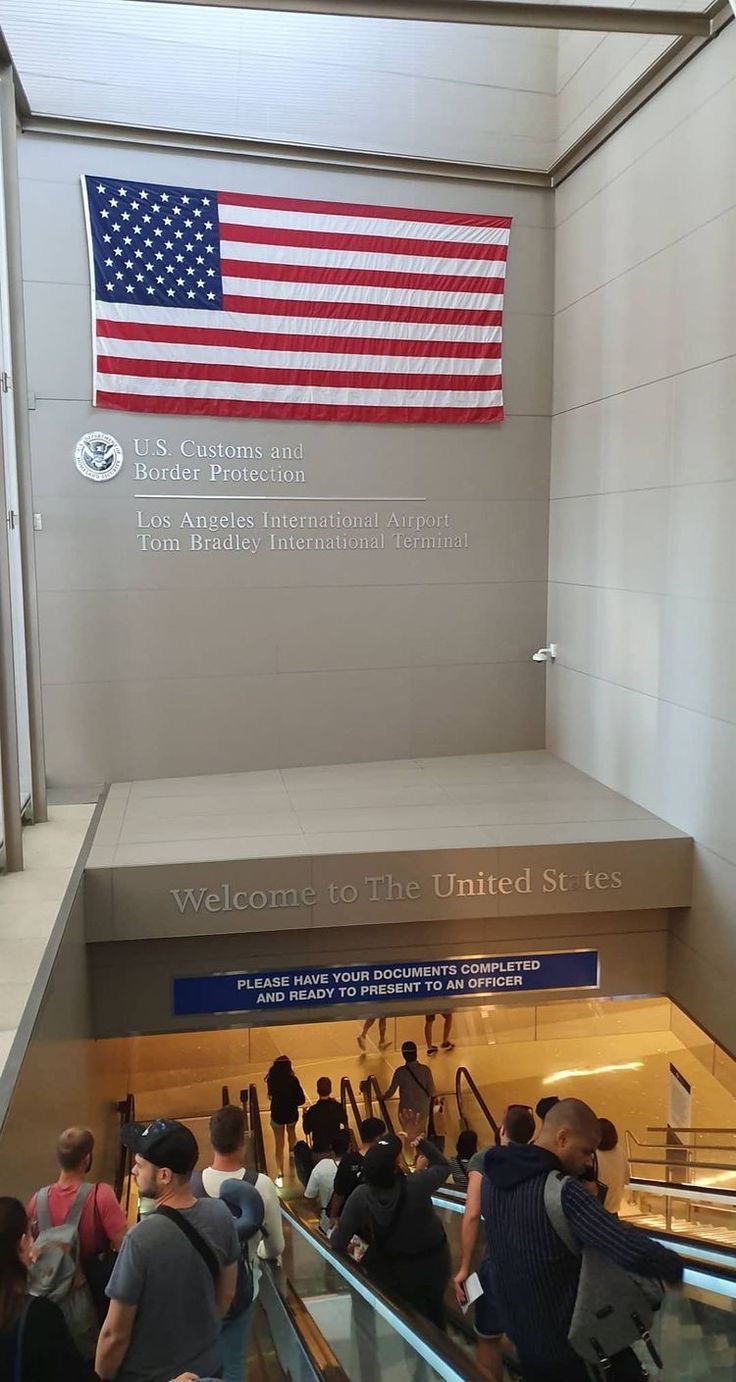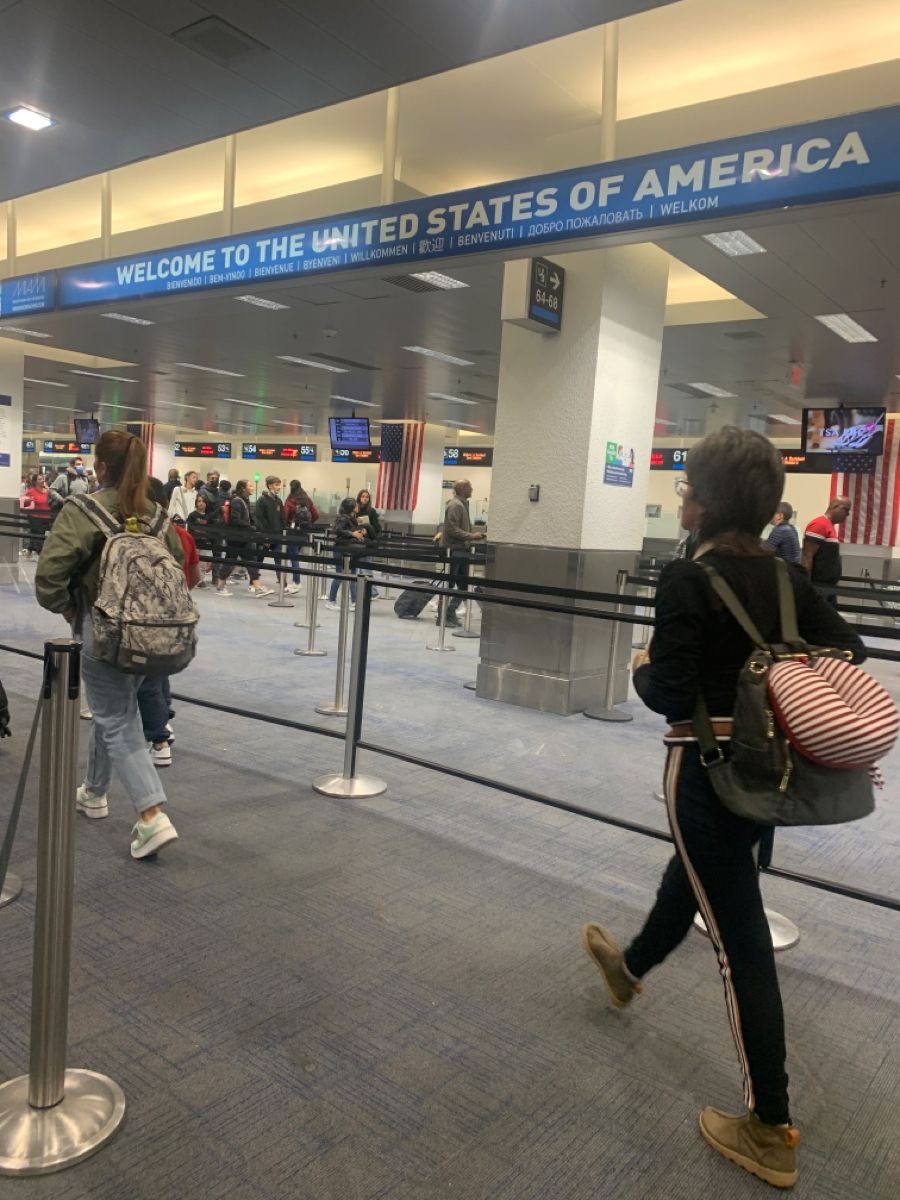According to a provision in the Trump administration’s recently enacted domestic policy bill, international visitors will be required to pay a new “visa integrity fee” of at least $250, in addition to current visa application fees. The fee will apply to all visitors who need nonimmigrant visas to enter the United States. This includes numerous leisure and business travellers, international students, and other temporary visitors. According to State Department data, the United States issued approximately 11 million nonimmigrant visas in fiscal year 2024.
Tourists and business travellers from Visa Waiver Program countries, such as Australia and many European countries, do not need a visa for stays of 90 days or less. Payment will be needed at the moment visas are issued, with no fee waivers. According to the rule, travellers who comply with their visa criteria may be compensated for their fees after the trip. Immigration attorney Steven A. Brown, a partner at Houston-based Reddy Neumann Brown PC, described the fee as a “refundable security deposit” in a recent post about the new policy. Brown noted that the method for requesting a refund remains unclear.
In general, immigration fees are intended to cover the costs of adjudication or issuance,” but he noted that the reimbursement provision could mean refunding all fees received. “In a perfect world, there would be no overstays or visa violations.” The Department of Homeland Security, which is establishing the new tax, has not yet provided details regarding the return process or any other parts of the policy’s implementation.

“The visa integrity fee requires cross-agency coordination before implementation,”
According to a State Department official, the fee was established “to support the administration’s priorities of strengthening immigration enforcement, deterring visa overstays, and funding border security.” Fees not reimbursed will be “deposited into the general fund of the Treasury,” according to a provision in the bill. The initial fee for fiscal year 2025 is specified as the greater of $250 or “such amount as the Secretary of Homeland Security may establish, by rule.” Brown suggested that the rule would most likely be implemented through a rulemaking process that included publication in the Federal Register. The fee is adjusted annually for inflation.
The State Department spokeswoman stated that specifics on the change, which was adopted by DHS, would be posted on the State Department’s visa information page. The U.S. Travel Association, a national nonprofit organisation dedicated to increasing travel to and within the United States, praised other aspects of the domestic policy measure that would invest in modernising customs and air traffic management, but described the increased visa charge as “a giant leap backwards.” “This fee, which will be at least $250 in addition to existing visa fees, adds an unnecessary financial barrier for international visitors,” said Erik Hansen, senior vice president of government relations for the association, in a statement.
U.S. Travel calculated that the fee would increase the “upfront costs” of visiting the United States by 144%. “Even if it is technically reimbursable, the added complexity and cost will discourage visitors,” Hansen pointed out.



